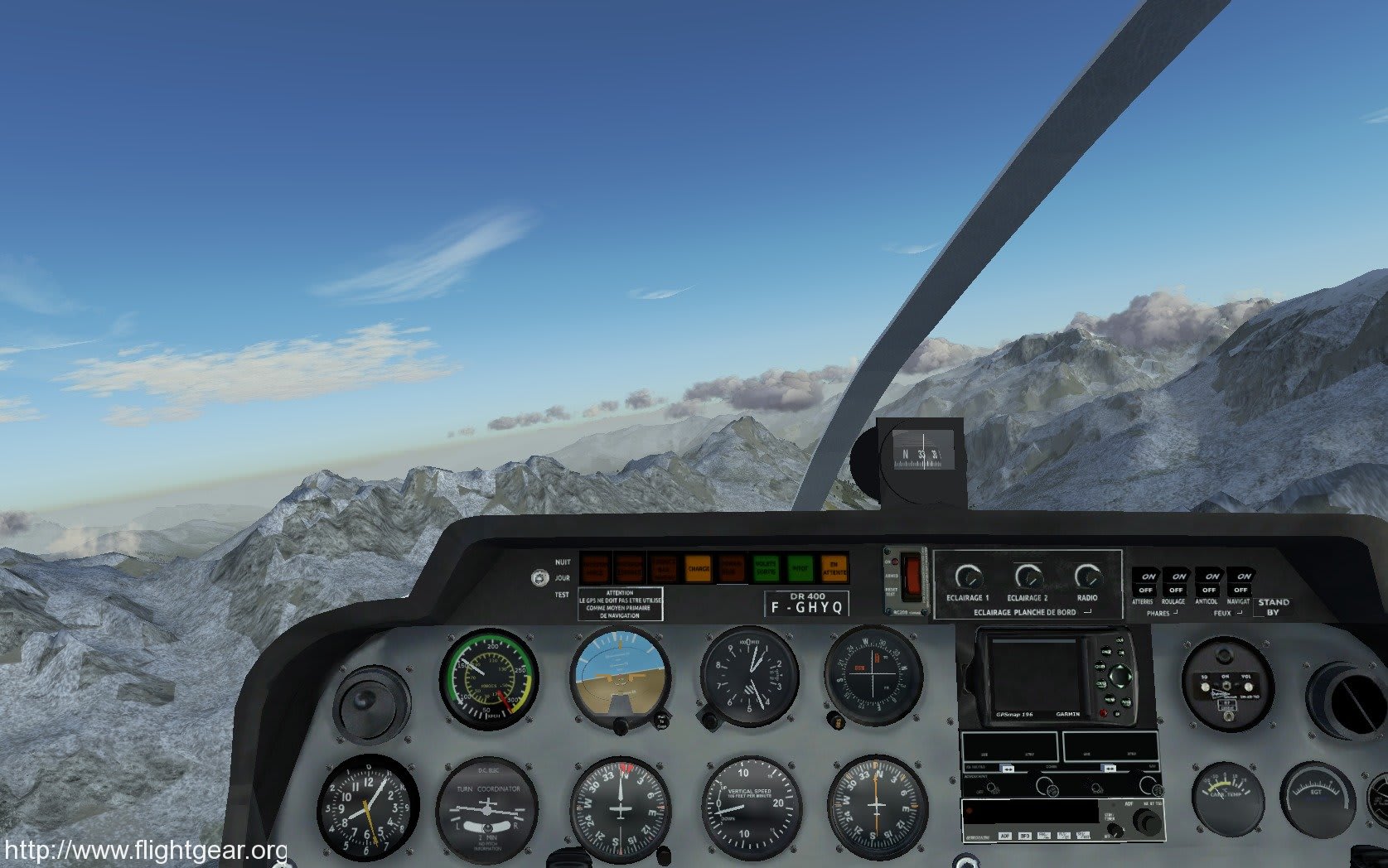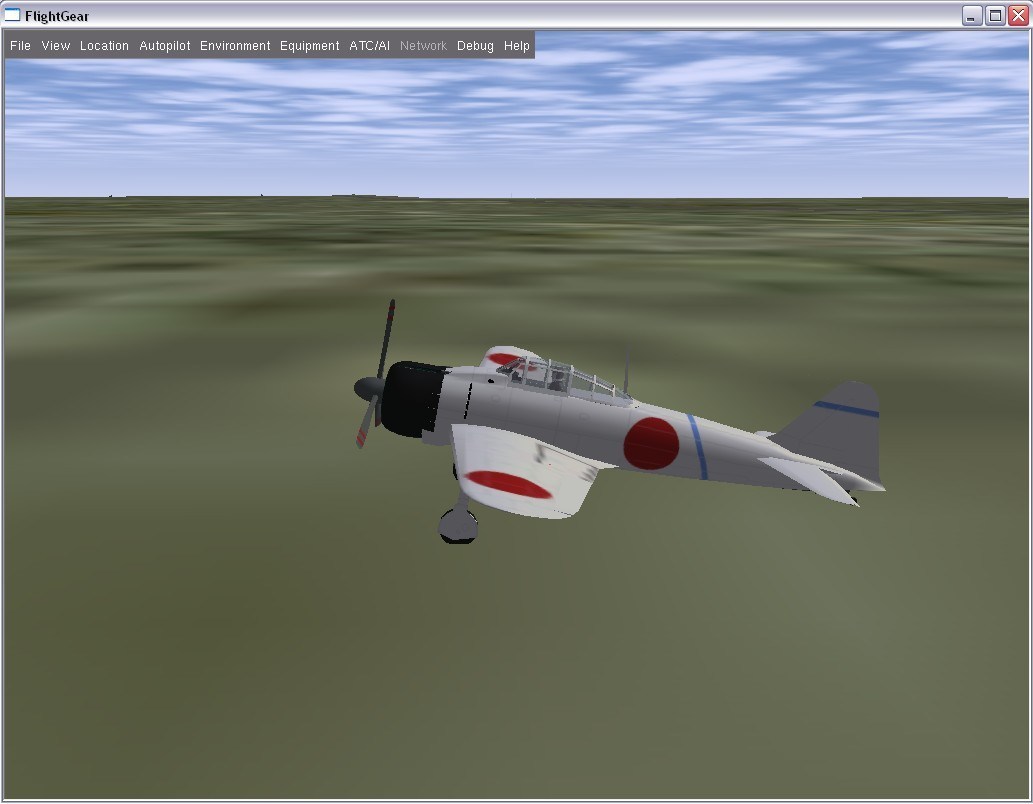

It is inevitable that the fork will diverge, as changes are made to one repository but not the other.We feel that effort is better spent on improving the simulator. In either case, a huge amount of effort is wasted on the fork that eventually loses. In a small minority of cases they become prevalent and the original dies. Over time, the vast majority of forks die. Historically, forks of Open Source projects are unsustainable because developers choose one or the other.The core FlightGear team considers the FGMEMBERS data asset forks to be hostile and the infrastructure bad for the FlightGear project for a number of reasons: The core FlightGear team consider those baseless and has refuted them. Since its inception, the FGMEMBERS organization has continually made very emotive statements and accusations regarding the core development team and the way the FlightGear project is run. Any contributor spending considerable time making changes to aircraft or scenery may be unaware that their changes may be lost in the future, especially in the case of scenery as the FGMEMBERS scenery workflow is to modify what is considered to be an automatically generated set of temporary files from base data sources.

FLIGHTGEAR MISSIONS DOWNLOAD
This affects the availability and quality of models for the wider community of the FlightGear project, such as the aircraft that are available for download on the FlightGear website and launcher. The other key point is that any changes contributed to the FGMEMBERS infrastructure may never make it into the original repositories. Taken together, this negates the key benefit of a single location for all content. Whilst certain repositories may be up to date within FGMEMBERS, it is not necessarily true that this will remain the case. However the disparate nature of contributions means that FGMEMBERS is a divergence of most of the original content. At a first glance this appears to be a good idea, as there is a single place where everything can be found. This was expanded to include all the other models and assets from all non-official repositories from all corners of the internet, to form a single source for all contributed assets ( core assets, aircraft, scenery, 3 rd party hangars, etc.). One of the objectives of the project is longevity and ensuring that the path taken is, with the best available knowledge, as future proof as possible, allowing authors to make their contributions with the minimum amount of disruption whilst maintaining quality and licencing standards.Īs a result of the disagreement, one contributor started what is generally considered to be a hostile fork of the core asset repositories into what is known as FGMEMBERS. Clearly with five years of discussions already undertaken it was not a viable path forwards to restart discussing the splitting of the assets and which revision control systems were most suited for the FlightGear project. Unfortunately this necessary change resulted in a fundamental disagreement with a couple of FlightGear users who demanded that the decision making process be restarted. This required the removal of the aircraft models from the old fgdata repository, leaving the core assets and the default aircraft.
FLIGHTGEAR MISSIONS SIMULATOR
What you see today as FlightGear is the result of 20 years of collaborative development effort by hundreds of talented people all working together to provide a freely available GPL flight simulator that anyone can contribute to. FlightGear FGMEMBERS Statement (v2.2): Preface


 0 kommentar(er)
0 kommentar(er)
